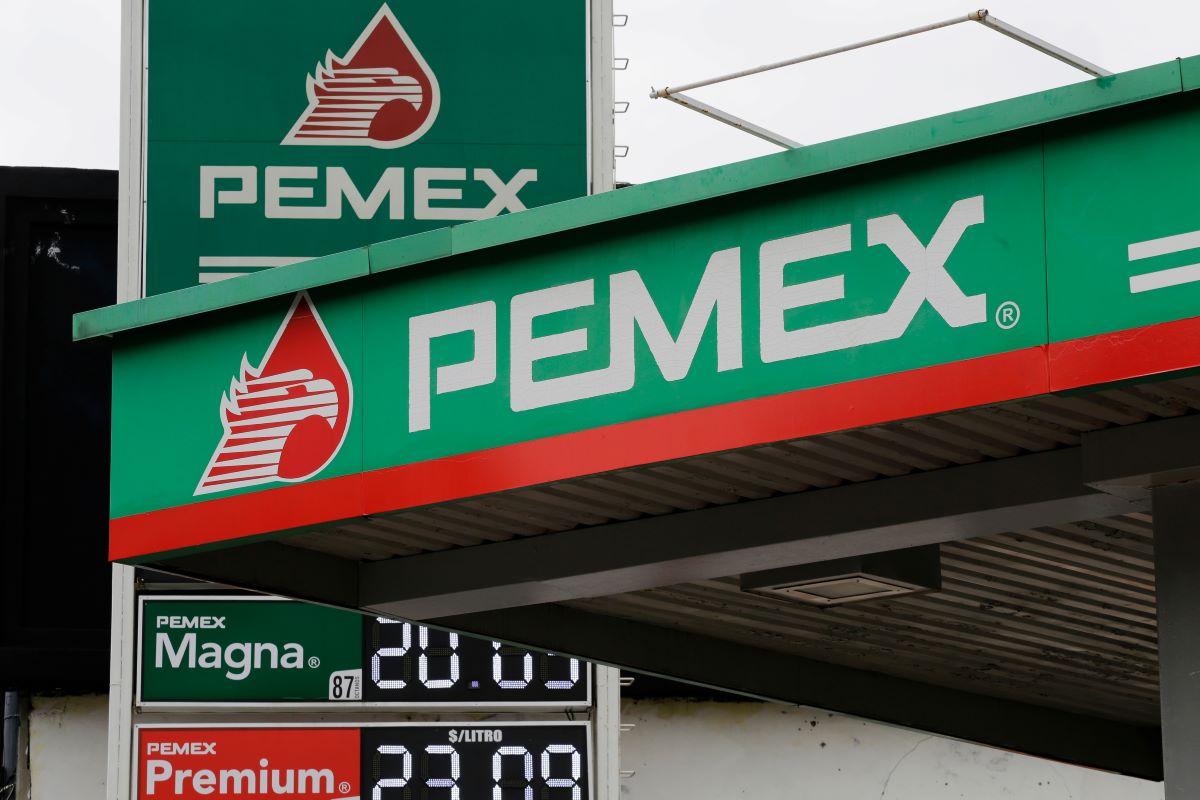Mexico’s state energy company, Pemex, has announced a strategic shift towards hydraulic fracturing to exploit unconventional hydrocarbon deposits.
The move is a bid to reverse years of declining oil and gas production, which has fallen to 1.6 million barrels per day (mbbl/d) from around 3.4mbbl/d in the early 2000s, reported Reuters.
This marks a significant change in Mexico’s energy policy, aligning with the new administration’s ten-year plan to revitalise the indebted energy giant.
The plan, unveiled on 31 March, aims to tap into shale basins with “complex geology”, potentially unlocking around 64 billion barrels (bbbl) of crude oil-equivalent production.
Pemex CEO Victor Rodriguez was quoted as saying: “We are going to address all the geological potential we have,” signalling the company’s move to increase natural gas and crude oil outputs.
Despite previous unsuccessful attempts to secure contracts for fracking following the 2014 energy reforms, and former President Andres Manuel Lopez Obrador’s staunch opposition to the practice, current President Claudia Sheinbaum has authorised the production method.
This decision comes even though she had pledged against it during her 2024 election campaign.
Pemex’s strategy includes a modest increase in unconventional resource production between 2026 and 2028, with a significant volume ramp-up from 2029.
By 2030, the plan forecasts additional production of 197 million barrels of crude oil and 303 billion cubic feet of gas.
The company also emphasised technological advancements that would minimise environmental impacts and preserve freshwater resources.
To support Pemex’s financial obligations and upcoming debt payments for 2025 and 2026, Mexico has also recently placed a $12bn (223.38bn pesos) debt offering involving pre-capitalised securities, or P-Caps, as announced by the Finance Ministry.
“Pemex to increase fracking to tap unconventional hydrocarbon deposits” was originally created and published by Offshore Technology, a GlobalData owned brand.
The information on this site has been included in good faith for general informational purposes only. It is not intended to amount to advice on which you should rely, and we give no representation, warranty or guarantee, whether express or implied as to its accuracy or completeness. You must obtain professional or specialist advice before taking, or refraining from, any action on the basis of the content on our site.
